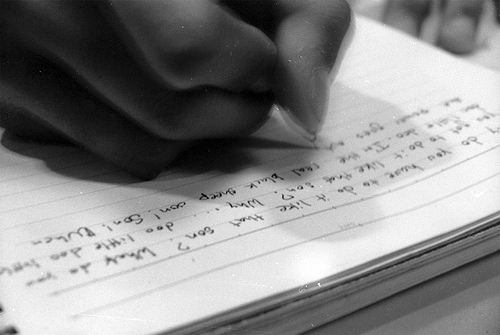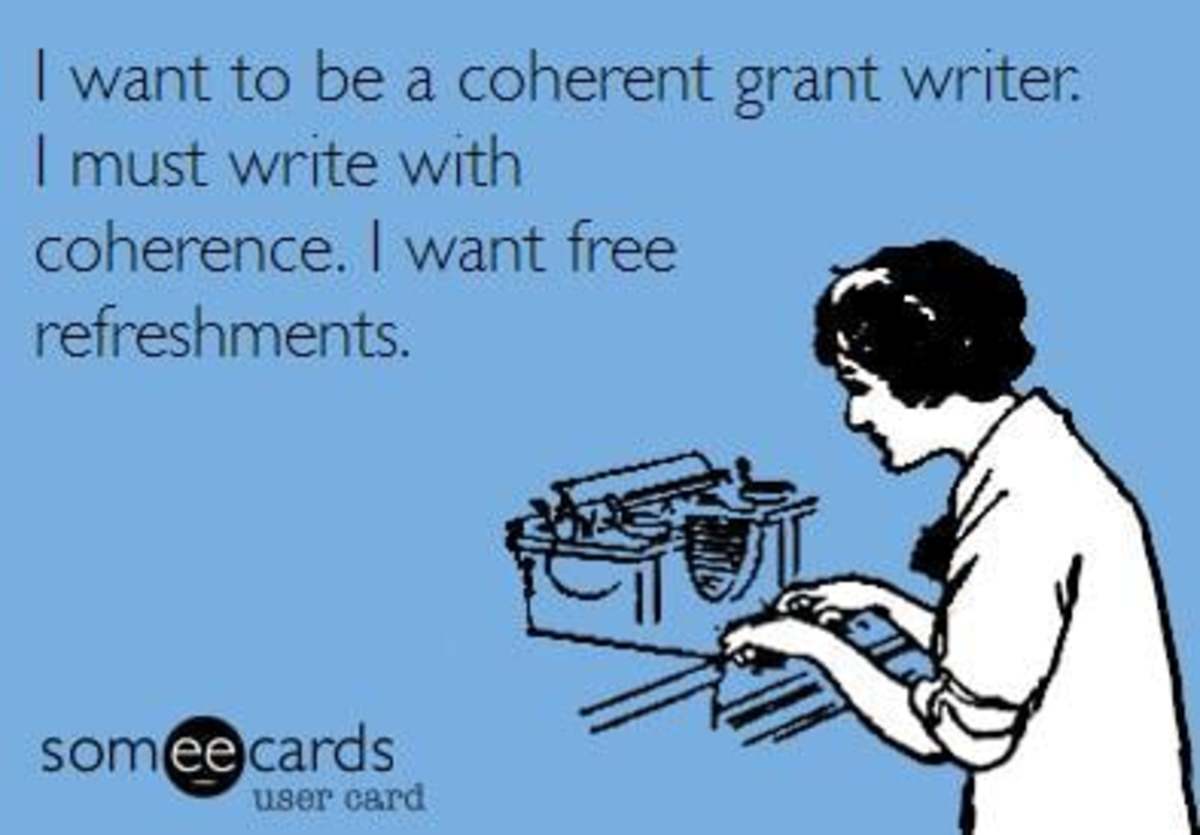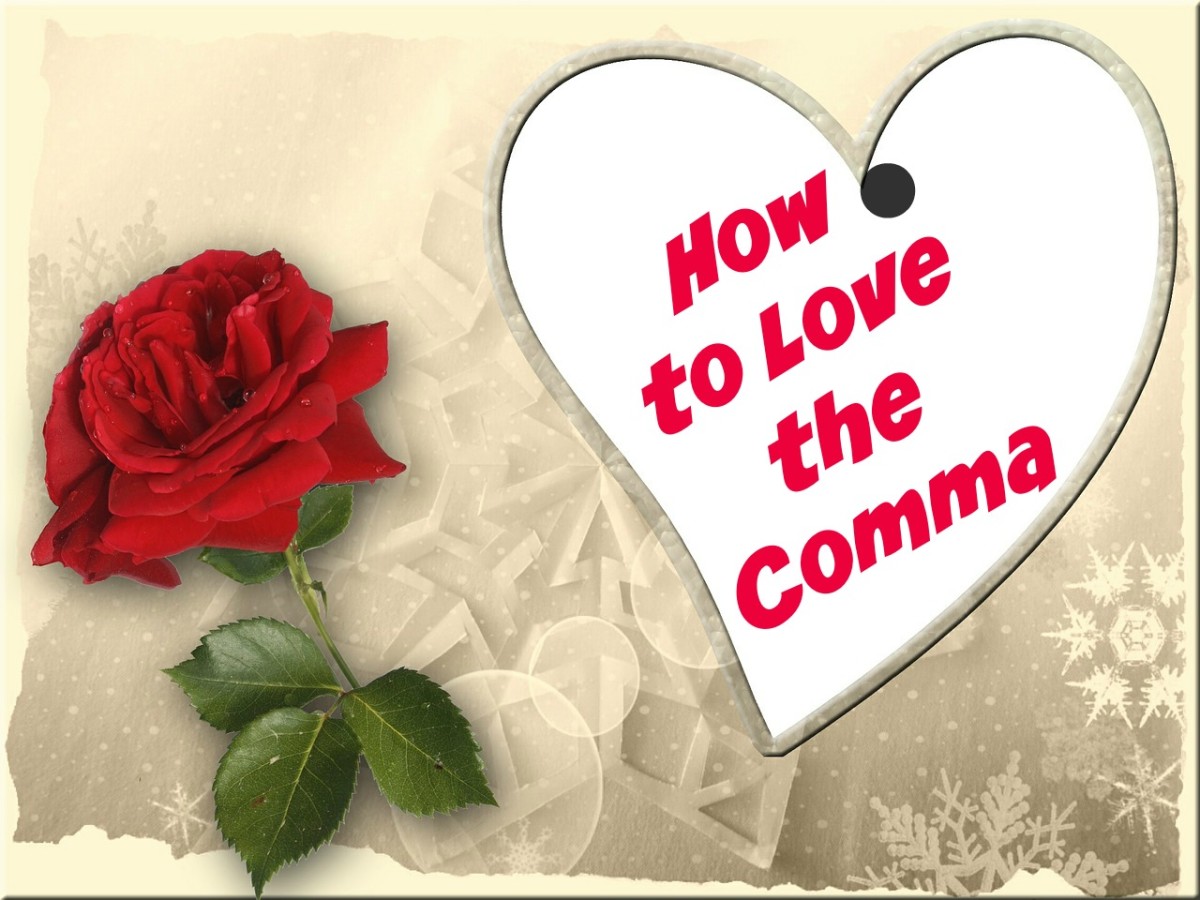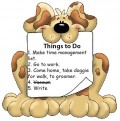Proper Writing: Mistakes to Avoid

When writing an essay or even a short story, it is often very easy to overlook common grammatical and structural errors. More often than not, we are to focused on the content of our writing that we overlook these errors in our writing. This is why it's very important to proofread your work after you've written it.
Here are some of the common mistakes in writing and how to avoid it:
1. Run-on Sentences
What are run-on sentences? These are independent sentences that are combined together without a proper punctuation or conjunction.
For example:
Incorrect: "The data was incorrect there had been a computation error."
What's the error here? You have two independent clauses jammed together without a proper punctuation or conjunction. (The data was incorrect) (There had been a computation error)
How do you correct it? The easiest way is to put a period between the two clauses. However, there are other ways to correct run-on sentences. You can use a period, semi-colon, coordinating conjunction or subordinating conjunction.
For example:
CORRECT:
The data was incorrect. There had been a computation error.
The data was incorrect; there had been a computation error.
There had been a computation error, so the data was incorrect.
Because there had been a computation error, the data was incorrect.
2. Sentence Fragments
A fragment is a piece of a whole. So, a sentence fragment means, literally, "a part of a sentence". This is NOT a complete sentence. It either lacks a subject or a verb. Sometimes fragments lack both the subject AND the verb.
For example:
INCORRECT:
Two men and a woman -- (no verb. What are they doing?)
Walking down the street. -- (no subject. WHO is walking down the street?)
Because there was a sale -- (dependent clause. Needs an independent clause to make sense)
How do we correct this mistake? Add a subject, a verb or an independent clause!
CORRECT:
Two men and a woman were jumping up and down the trampoline.
The dog was walking down the street.
I rushed to the mall because there was a sale.
3. Loose Sentences
A loose sentence results when you write too many "and"s when other conjunctions would be more appropriate to convey your meaning or when you use the wrong conjunction.
For example:
INCORRECT:
Max had anger issues, and he was fired from work.
Why is it incorrect? This is a cause and effect sentence. Cause: Max had anger issues. Effect: He was fired from work. What conjunction would best fit here? How about 'because'?
CORRECT:
Because Max had anger issues, he was fired from work.
OR
Max had anger issues because he was fired from work.
Both are grammatically correct but the logic changes. Be careful!
4. Choppy Sentences
Choppy sentences are short sentences. This makes you sound like a kindergarten kid trying to tell a story in short phrases or sentences.
For example:
INCORRECT
We went to the zoo. I saw a lion. It was scary. I ate popcorn. My mom ate a hotdog. I want to go back.
CORRECT
When we went to the zoo, I saw a lion which I though was scary. I ate popcorn while my mom ate a hotdog. I want to go back to the zoo again someday.
Now, which is better?
5. Parallelism
In every sentence, the parts that are in sequence must be of the same grammatical or structural principle.
For example:
INCORRECT:
I like to read, to jog and shopping. (infinitive, infinitive and gerund)
CORRECT:
I like to read, to jog and to shop. (infinitive, infinitive and infinitive)
OR
I like reading, jogging and shopping. (gerund, gerund and gerund)
Writing isn't just about content. It's about structure and grammar as well. If you have a great content or topic but poor grammar, then your writing would not make sense. Study these errors and learn to AVOID them.

Quick Tips while Writing:
- focus on content and pay attention to grammar and punctuation
- know your conjunctions
- know your prepositions
- familiarize yourself with different sentence structures
- make sure your verb tenses are correct (if it happened in the past, use past tense, for example)
- PROOFREAD!








